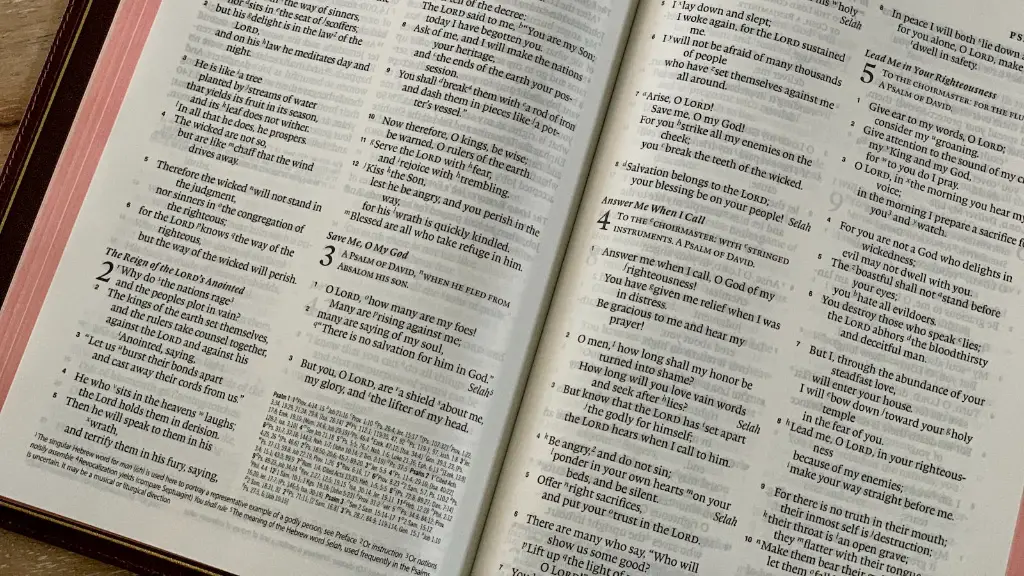Spoken word poetry is a powerful and emotive form of expression. It has the power to stir emotions, convey strong messages and create a sense of connection between the poet and their audience. The spoken word can take many forms; it can be funny or serious, short or long, and can address issues of importance to the poet.
Writing spoken word poetry is a great way to start out on your poetic journey. Once you have a better understanding of the process, you can start to explore the different styles of spoken word poetry, such as afro beat, hip hop and spoken word narrative.
Start With A Topic
When writing a spoken word poem, it is important to start by selecting a topic to write about. This can be anything that inspires you – your life, a specific experience, an emotion, a person, a place or even a political or social issue. It’s important to think about what you want to express in your poem, and ensure that your topic is something that resonates with you.
Draft The Poem
When drafting the poem, it’s important to keep the flow of your poem in mind. This means connecting the ideas in your poem and creating a logical progression that makes sense to your readers. You should also consider how you want to deliver your poem, and if there are certain elements you want to emphasise.
It is also important to focus on the rhythm and meter of the poem. This will affect the flow of the poem and contribute to its overall sound. Many spoken word poets use rhymes or consonance to create a certain feel or effect. You should also consider if there are certain lines or phrases that you want to stand out in your poem.
Edit And Refine
Once you have drafted your poem, the next step is to edit and refine it. This means going through the poem and assessing it objectively; it’s important to ensure that there are no typos, that it flows and that the message you’re trying to convey is clearly expressed.
It is also important to remember that spoken word poetry is not just about the words on the page – it’s also about delivery. Practising your poem aloud is a great way to ensure that the message is being communicated in the most effective way. This will also help you to understand the rhythm and meter of the poem better, as well as any elements you want to emphasise.
Perform Your Poem
When you are confident in your poem, it’s time to start performing it. Once you’ve selected where you want to perform your poem, you should practise performing it in front of an audience to ensure that you are connecting with them.
When performing spoken word poetry, it is important to remember to practice confidence and presence. This means connecting with the audience and delivering each line with purpose. You should also use different tones and pauses to add emphasis and create an emotive atmosphere.
Get Creative
When it comes to spoken word poetry, there are no rules. This means that you can experiment and explore different styles, mixes and beats. You don’t need to limit yourself to traditional forms of spoken word; instead, get creative and use elements from other genres such as music or acting to create a unique, powerful piece of work.
Develop Your Own Style
Once you have a better understanding of the process of writing spoken word poetry, you can start to develop your own style. This will enable you to express yourself in a unique and powerful way, and it will also help you to stand out from the crowd. This could include anything from specific topics you focus on to the way you deliver a poem.
Find The Right Platform
When you’re happy with your spoken word piece, the next step is to look for a platform from which to perform it. This can be anything from an open mic night or online poetry website to a friend’s living room or local park. Make sure to research different spaces and find one that suits you and your poem best.
Take Feedback
Once you’ve performed your poem, it’s important to take feedback from your audience and use this to further refine and develop your poem. Listen to criticism and use it to improve your poem; for example, consider where the piece could be strengthened or where it could be more effective.
Be Open-Minded
Finally, it is important to remember to be open-minded when writing spoken word poetry. Don’t be afraid to explore new topics and styles, and don’t be afraid to fail. Writing spoken word poetry is a creative process and should be approached with an open and creative mindset.



